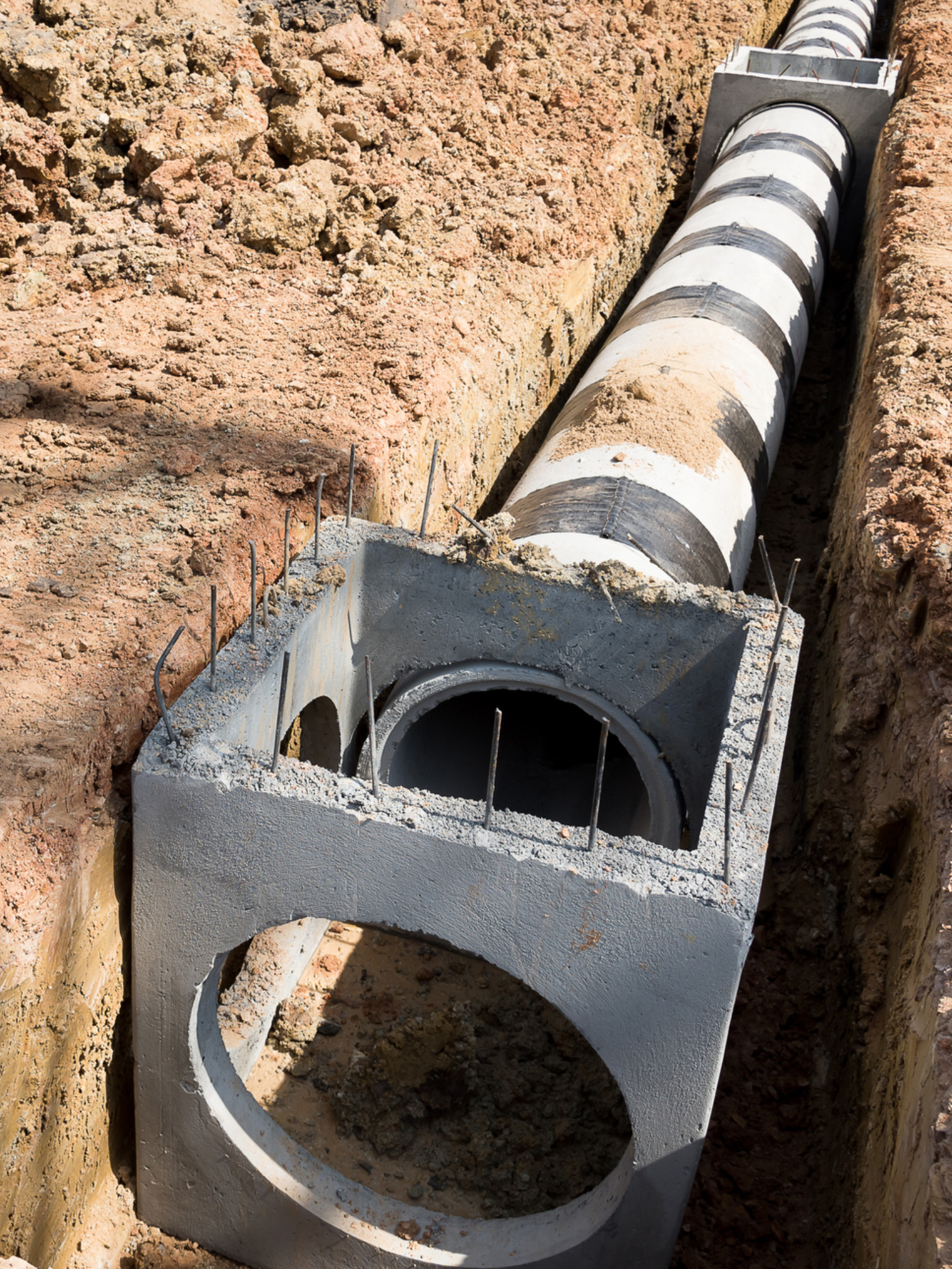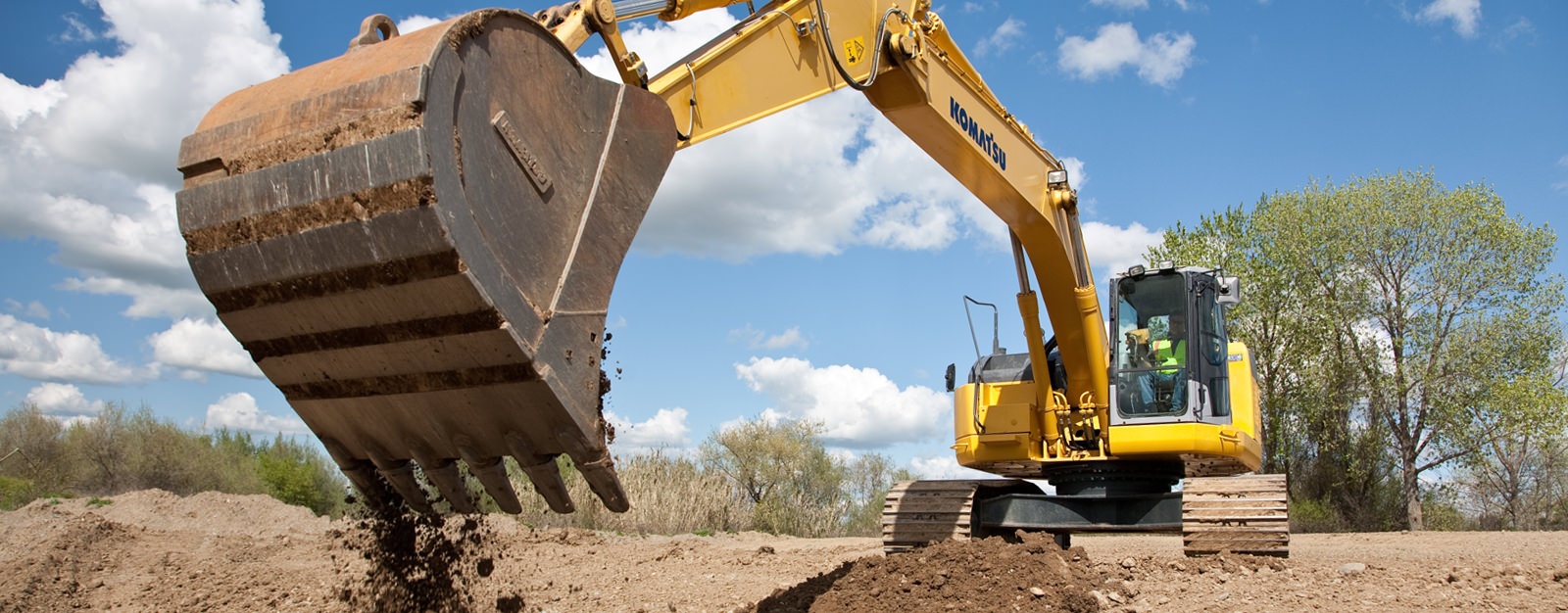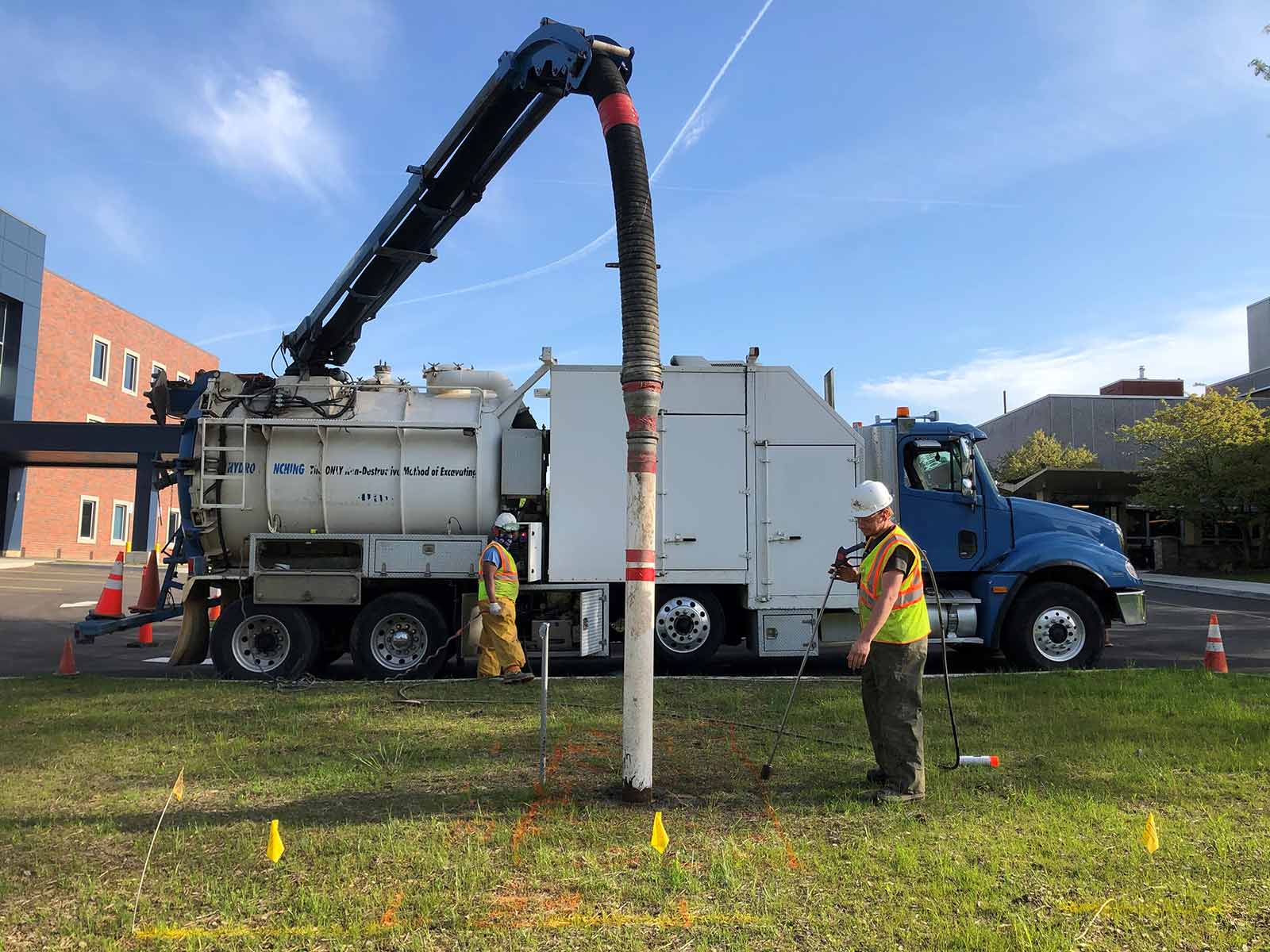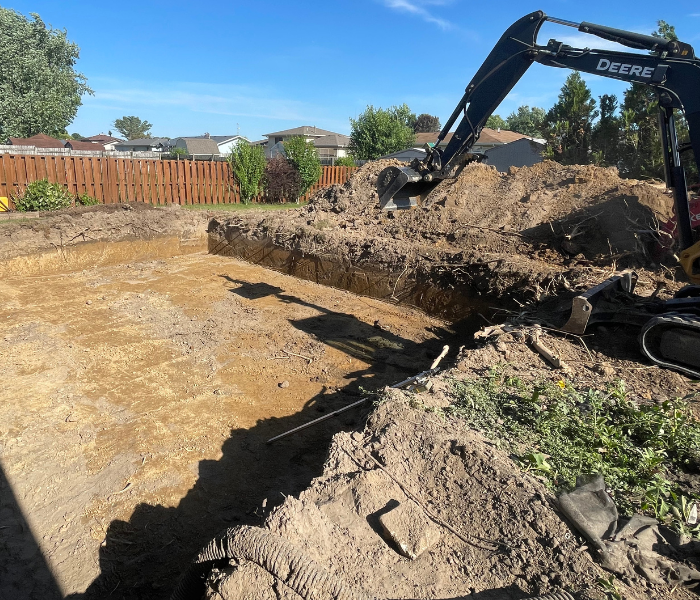Comprehensive Excavation Approaches: Understanding the Principles for Success
In the world of construction and civil design, the importance of effective excavation approaches can not be overemphasized. The careful planning, exact execution, and thorough focus to information needed in excavation tasks demand a thorough strategy that incorporates different essential elements. From preliminary soil evaluation to the implementation of safety and security actions and regular development monitoring, mastering these core elements is essential for accomplishing success in any excavation endeavor. However, real proficiency exists not simply in understanding these fundamentals but in seamlessly incorporating them to browse the complexities of excavation jobs with skill.
Comprehending Excavation Project Planning

Effective excavation projects are improved the foundation of careful and thorough planning. The first phase of any kind of excavation project is the drawing board, where crucial choices are made that can considerably affect the outcome of the task. During this phase, it is important to gather all relevant info about the website, including topographical surveys, soil structure, and any potential hazards that might exist. Recognizing the project timeline, budget, and scope restrictions is critical for creating a detailed excavation strategy that makes certain the project's success.
One key element of excavation job preparation is the advancement of a thorough timeline that lays out the series of milestones, due dates, and tasks. This timeline works as a roadmap for the task group, enabling them to track development and make necessary adjustments to make certain the job remains on schedule. Furthermore, a well-defined budget plan that accounts for all expenses, including equipment rental, labor costs, and products, is crucial for avoiding expense overruns and delays. By meticulously taking into consideration all these aspects throughout the drawing board, excavation jobs can be performed effectively and efficiently, resulting in successful outcomes.
Dirt Analysis and Website Evaluation
Conducting comprehensive dirt analysis and website assessment is a vital action in the prep work phase of any kind of excavation job. Dirt analysis involves figuring out the composition, framework, and residential properties of the dirt at the excavation website. This information is critical for understanding the soil's bearing capability, dampness web content, and potential for erosion, which are crucial variables in determining the excavation methods and devices needed for the job.
Website examination exceeds dirt analysis and includes a wider evaluation of the total website conditions. This assessment includes identifying any type of possible risks, such as below ground utilities, environmental issues, or unpredictable terrain, that might affect the excavation procedure. By extensively reviewing the site, job managers can create efficient excavation methods that prioritize safety, efficiency, and ecological security.
Using innovative technologies like ground-penetrating radar, dirt sampling, and drone surveys can enhance the accuracy and performance of soil analysis and site analysis. Investing time and resources in these initial steps can ultimately conserve time and stop expensive hold-ups or issues during the excavation procedure.
Devices Choice and Use
Reliable excavation jobs count heavily on tactical devices selection and application to make sure optimal performance and performance. Choosing the right tools for the task is vital in optimizing effectiveness and decreasing downtime. Elements such as the kind of soil, depth of excavation, and task range play a significant function in establishing one of the most suitable devices for the job available.

Along with picking the proper devices, appropriate use is vital to project success. Operators needs to be educated to manage the tools securely and successfully - dump truck companies in ohio. Normal upkeep checks and prompt repair work help protect against failures and look at this web-site make certain regular efficiency throughout the job
Precaution and Regulations Compliance
In the world of excavation tasks, focusing on safety actions and conformity with policies is extremely important to guaranteeing a lawfully sound and safe operational environment. Safety and security measures include a series of techniques, including carrying out extensive site evaluations, executing appropriate signs and barriers, and offering sufficient security training for all personnel associated with the excavation process. Adherence to guidelines, such as OSHA needs in the United States, guarantees that the excavation task satisfies the required standards to secure workers, spectators, and the surrounding environment.

Monitoring Progress and Adjusting Strategies
How can forecast supervisors efficiently track the development of excavation projects and adjust their techniques as necessary to enhance results? Monitoring progression is vital for making certain that excavation jobs stay on track and satisfy due dates. Job supervisors can utilize numerous devices and strategies to track development, such as daily report card, regular site inspections, and progressed monitoring modern technologies like drones and GPS tracking systems. By continually keeping an eye on the project's advancement, supervisors can determine any prospective delays or problems at an early stage and take positive measures to address them.

Final Thought
To conclude, grasping the fundamentals of comprehensive excavation approaches is essential for the success of any type of project. By comprehending project planning, analyzing soil and website problems, choosing proper equipment, following security regulations, and keeping track of development, project supervisors can ensure a effective and smooth excavation procedure. Executing these techniques will certainly bring about effective outcomes and decrease potential risks or obstacles during the excavation project.
The first phase of any excavation job is the preparation stage, where crucial decisions are made that can significantly impact the result of the job. Recognizing the project budget, scope, and timeline restraints is important for developing a comprehensive excavation plan that guarantees the project's success.
Just how can project managers efficiently track the improvement of excavation jobs and adjust their strategies as necessary to optimize outcomes? By very closely checking progression and being eager to adjust methods, task supervisors can enhance the general success of excavation tasks.
By understanding job preparation, analyzing soil and website conditions, selecting ideal equipment, complying with safety and security regulations, and keeping track of development, job supervisors can make sure a smooth and effective excavation procedure.